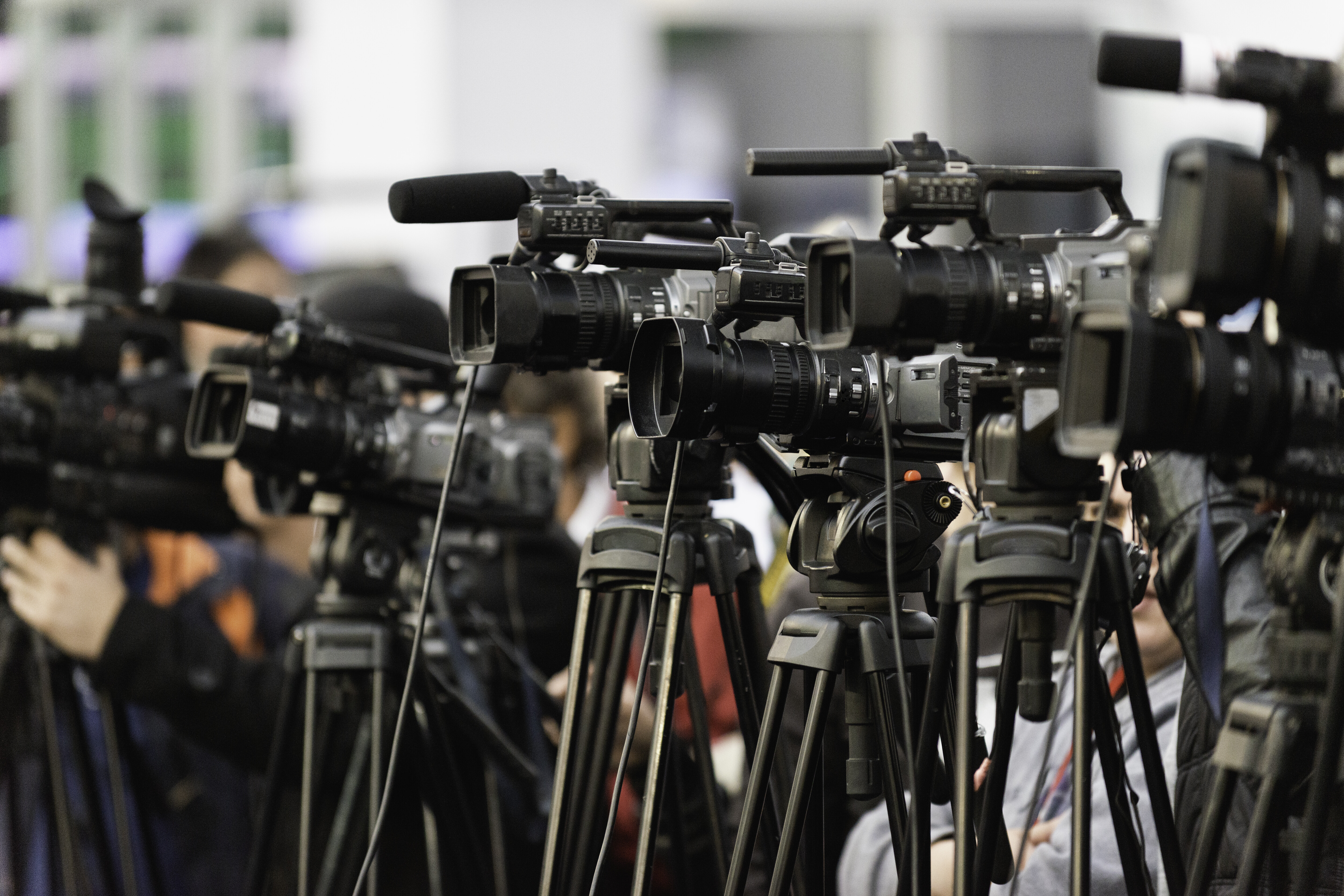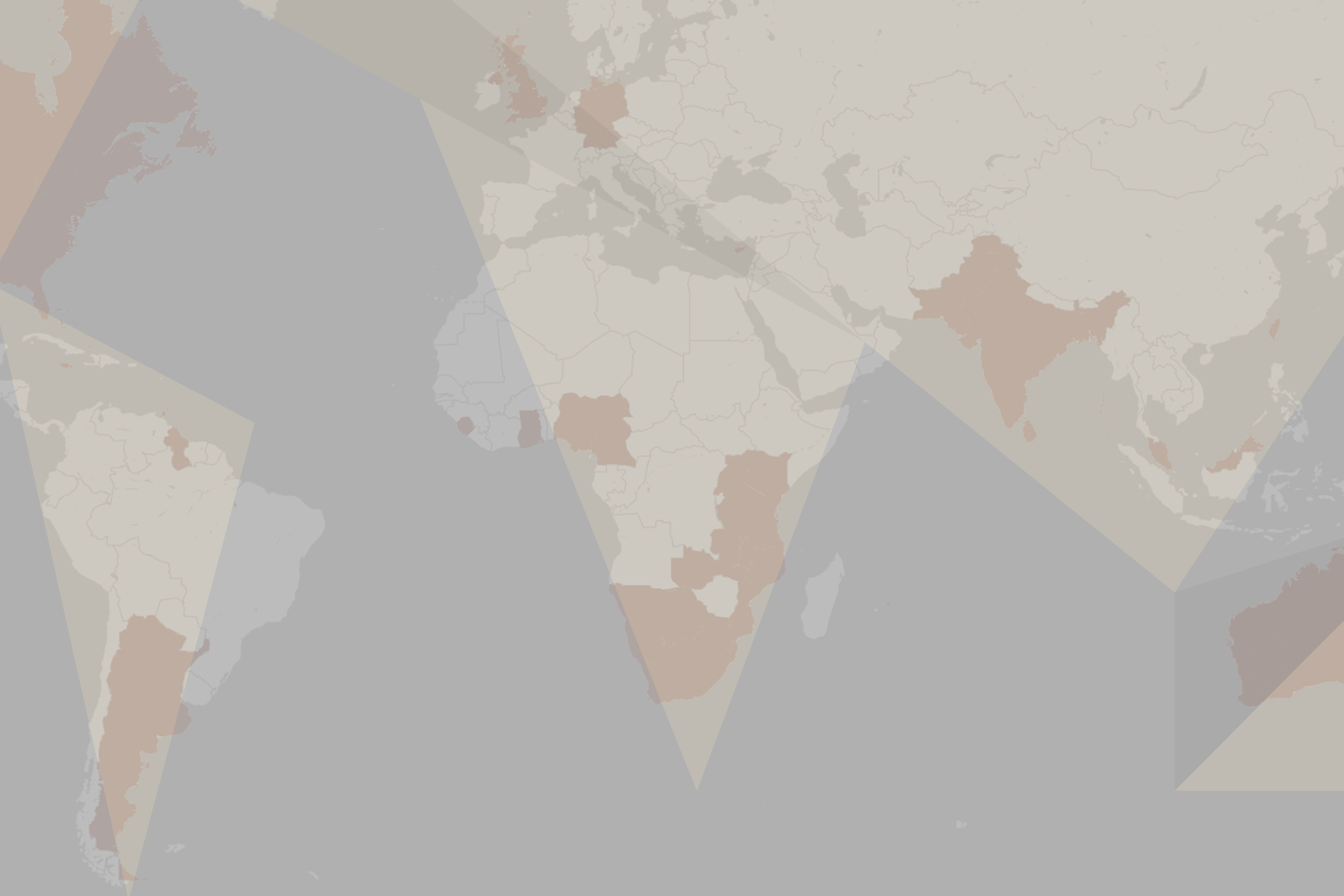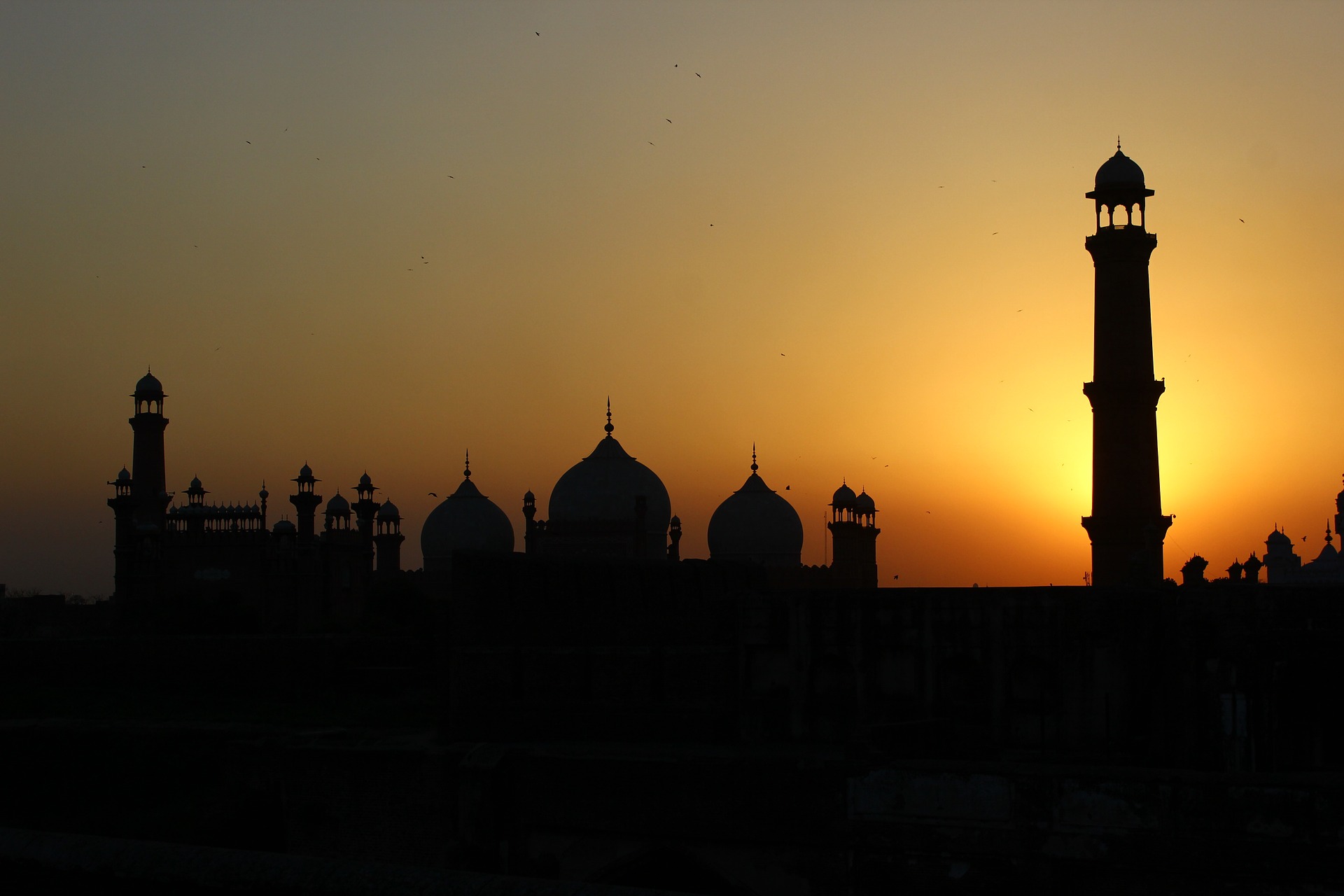Initial hopes for improvements to media freedom in Pakistan, under the leadership of Imran Khan, appear to have receded. In recent months the country’s media landscape has been faced with numerous changes and challenges. Levels of censorship are high, the media face both political and economic pressures and there have even been proposals to form special ‘media courts’. Is there still hope that Pakistan’s deteriorating media freedom will improve?
Censorship campaign
Pakistan is currently ranked 142 in RSF’s 2019 World Press Freedom Index, down three places from 2018 – and media freedom in the country seems to be continuing to decline. Three journalists have been killed in Pakistan during 2019 and the general consensus is that there is an increase in the censorship of critical voices under the current tenure of Prime Minister Imran Khan, who was elected in the 2018 general election. Pakistan’s military regime also continues to exert influence over the media landscape, a factor denied by Dr Firdous Ashiq Awan, special assistant to the Prime Minister on information and broadcasting. However, Pakistani journalist, Najam Sethi, claims that “journalists in Pakistan are going through the worst time in the history of the country.”
“Journalists in Pakistan are going through the worst time in the history of the country” – Najam Sethi
Several tactics seem to have been employed to increase media censorship, including direct editorial influence on editors who have been given specific orders on how news pieces should be delivered. On some occasions programme broadcasts have been stopped altogether. In the run-up to last year’s general election, the Pakistani television channel and PMA member, Geo TV, had up to 80% of their network blocked. According to Al Jazeera, transmission of Geo News has continued to “remain disrupted across the country.”
Journalists are often silenced when they are trying to hold authoritative figures to account, or when media houses give airtime to opposition parties. Some censorship decisions are communicated to media houses and journalists by Pakistan’s military press wing, ISPR’s, via WhatsApp groups.
Zaffar Abbas, Editor-in-Chief at Dawn, which is Pakistan’s largest English language newspaper and considered the country’s most ‘credible media voice’, referred to the unwritten rules of what can or can’t be reported by journalists in an interview with Al Jazeera: “the overall atmosphere that has been created through intimidation and other methods, it is having a psychological impact and it is affecting our journalism.”
Journalist & publisher @NajamSethi, whose “Najam Sethi Show” was taken off-air amid defamation suits from authorities, spoke to CPJ about the unprecedented challenges facing the press in #Pakistan today.
Sethi received CPJ’s International #PressFreedom Award in 1999. #IPFA pic.twitter.com/VXlO8Qtsw3
— Committee to Protect Journalists (@pressfreedom) September 12, 2019
Economic pressures
Economic pressures are also hitting the Pakistani media hard, with funding pulled and staff layoffs. According to The Guardian, “If one reporter or news channel reported a story that threw the government into disrepute, the business interests of the media owners would be targeted or advertising funding withheld.” This was developed further by Talat Hussain, a Geo TV journalist was quoted in Dawn as saying:
“It has to do with who they [media owners] like, who funds them and who their favourites are. More than the state of Pakistan, Malik Riaz is the one who controls 9/10th of media coverage. His ability to influence coverage is huge.”
Dawn has also experienced financial hardship, with its distribution restricted by the military last year, “after they published leaks of secret military meetings”. Its advertising has also been targeted.
PEMRA reverses decision to clamp down on TV hosts
In late October, Pakistan’s media regulator, the Pakistan Electronic Media Regulatory Authority (PEMRA), issued a directive banning TV news anchors from expressing personal opinions on air, reminding them that “As per PEMRA code of conduct, role of anchors is to moderate the programmes in an objective, unbiased and impartial manner…”
PEMRA issues directives regarding discussions & analysis on Sub-judice matters pic.twitter.com/l5kJF31etK
— Report PEMRA (@reportpemra) October 27, 2019
However, the media regulator has now backtracked on the ban, following widespread condemnation from journalists and media professionals, both nationally and internationally. Press freedom advocates, RSF, also described the directive as “draconian” and it was decried by cabinet ministers from within the country. The Islamabad High Court (IHC) also “issued a contempt of court notice” to Saleem Baig, PEMRA’s chairman, “for using the court’s name to issue strict guidelines to media houses and anchorpersons.” Baig stated that the regulator had already issued “70 show cause notices to private channels for violation of the code of conduct,” the punishment for which would have seen fines of up to 10 million rupees (£189,384), according to The Guardian.
Read more: IHC issues contempt notice to Pemra chairman
Media courts
The reversal of PEMRA’s decision followed another attempt to increase restrictions on the media when plans to set up special media tribunals were approved by the government in September. In practice, this would entail PEMRA passing on media-related cases to the proposed “media courts” to expedite media cases and cap the duration of trials to a maximum of 90 days. The government claimed that these courts could be used to hold themselves as well as media houses and journalists to account on media disputes. The proposal was met with a severe backlash from print and electronic media organisations as well as media owners and journalist unions such as the Pakistan Broadcasters Association and the Council of Pakistan Newspaper Editors (CPNE), who met in Islamabad to collectively discuss rejecting the formation of the media courts, on grounds of them being undemocratic and “anti-media” nature.
A glimmer of hope?
Geo News reported that another multi-stakeholder meeting recently took place among Pakistan’s key media bodies to draft self-regulating measures to improve journalists’ safety in the country. A CPNE spokesperson described it as “a milestone for safety of media houses and media practitioners”.
In other news:
- Journalists and media practitioners speaking at a Punjab University seminar called for the enhanced capacity for journalists to utilise Right to Information laws
- In September, the website of national state broadcaster, Radio Pakistan was temporarily hacked. It has since been restored
- The Committee to Protect Journalists (CPJ) Asia Programme Coordinator, Stephen Butler, was refused entry into Pakistan last month after being told that he was “on a stop list of the Interior Ministry.” He was going to participate in a human rights conference in Lahore but was forced to travel back to Washington D.C.
- Zaffar Abbas was awarded CPJ’s 2019 Gwen Ifill Press Freedom Award “for extraordinary and sustained achievement in the cause of press freedom”. He has been an integral part of the movement to improve journalists’ safety in the country. Meanwhile, Cyril Almedia, another Pakistani journalist, was named the International Press Institute’s 2019 World Press Freedom Hero earlier this year.
- Geo News reported that Prime Minister Khan had recently created a new media team, which may allegedly provide input into the “government’s spokespeople and representatives on the narrative of PM Imran’s administration” after reports revealed dissatisfaction with the way in which the government’s performance was being portrayed by the Pakistan Tehreek-e-Insaf (PRI) party media team.
Header Image: Cityscape of Lahore, Pakistan. Credit: pxhere/Creative Commons
Related Posts
12th July 2018
Media in Pakistan facing clampdown ahead of elections
Journalists and media houses are facing…
22nd June 2017
Violence against journalists continues in Pakistan
Safety remains a serious concern as…


